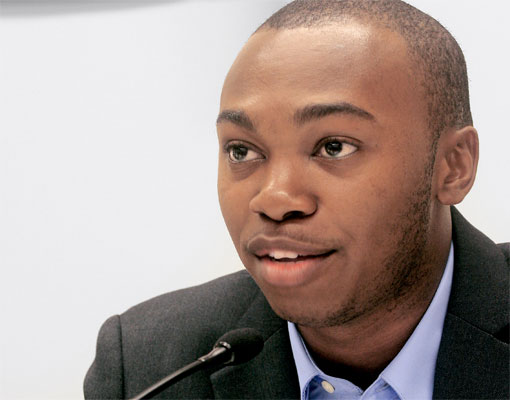In Jamaica a country known as one of the most homophobic places in the world, young people are challenging the status quo of intolerance. A young man from a conservative family in rural Jamaica recently confided to me that five of his close friends are gay. He observed that although he did not share their sexual preferences, he understood that their sexual orientation didn’t define them. “They are more than gay,” he told me. “They are smart, eloquent and very good friends. There is a lot I can learn from them.”
Many young people in Jamaica hold similar views. And while they are not often involved in activism, they maintain a good relationship with their gay peers. It is also common for youth leaders in schools and communities to discreetly promote acceptance of sexual diversity. You will rarely hear them playing gay-bashing music, even though such music is common in Jamaica.
It is mainly because of such youth tolerance that a vibrant gay community flourishes on our island. Scores of homosexual men and women bask in the opportunity to live “freely”—important indicators that our island of sun, sea and sand might someday fully allow people to live as they choose without prejudice or discrimination.
But in order for that to happen, much more needs to be done. And I am proud to be deeply involved in my generation’s efforts to win cultural and legal acceptance for the lesbian, gay, bisexual, and transgender (LGBT) community. In 2007, I joined the Jamaica Youth Advocacy Network (JYAN), a youth-led leadership and advocacy organization that seeks to develop youth activists’ capacities to lobby for change by promoting positive behavior, teaching advocacy techniques and advising and guiding policies that affect us.
No one denies that we have a long way to go. I have seen on many occasions the hostility of people toward those who are gay, calling them “fish” (Jamaican slang for gay) when I go out with friends. Other gay men I know are badly hurt and confused by the climate of homophobia they encounter in their communities, churches, schools, and even their own families. Others have left to live abroad.
My own journey toward becoming a gay-rights activist was probably inevitable. I grew up questioning the nonsensical cultural dictate that if you dress, talk, act, or walk “a certain way,” you are gay. I was outraged by the reports of vicious attacks meted out to several Jamaicans who may have been gay or openly supported gay rights. Luckily, no one I know has suffered from such brutality, but I detested the idea of living in a country where the law appears to provide no protection against sexuality-oriented violence. As I developed my career in international development, and my knowledge of issues relating to HIV/AIDS and sexual minorities increased, it became more apparent that I must become an advocate for this issue…





